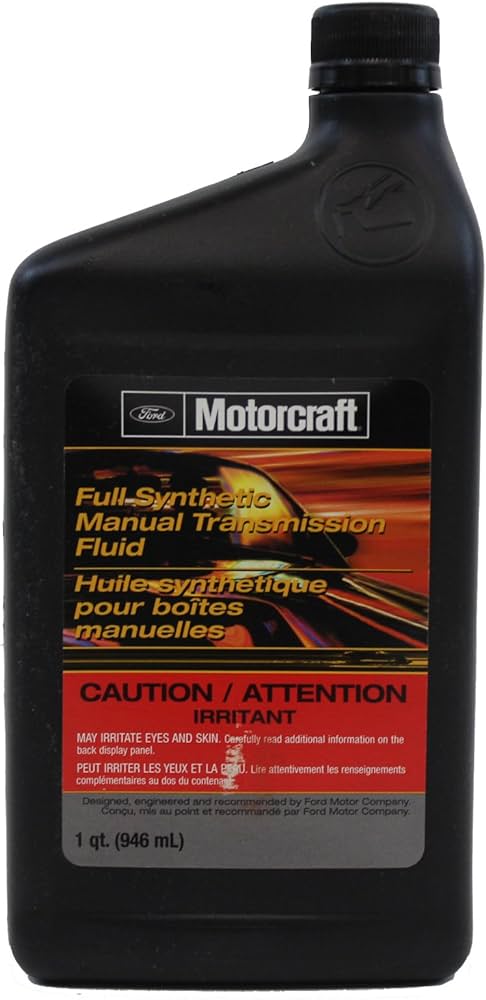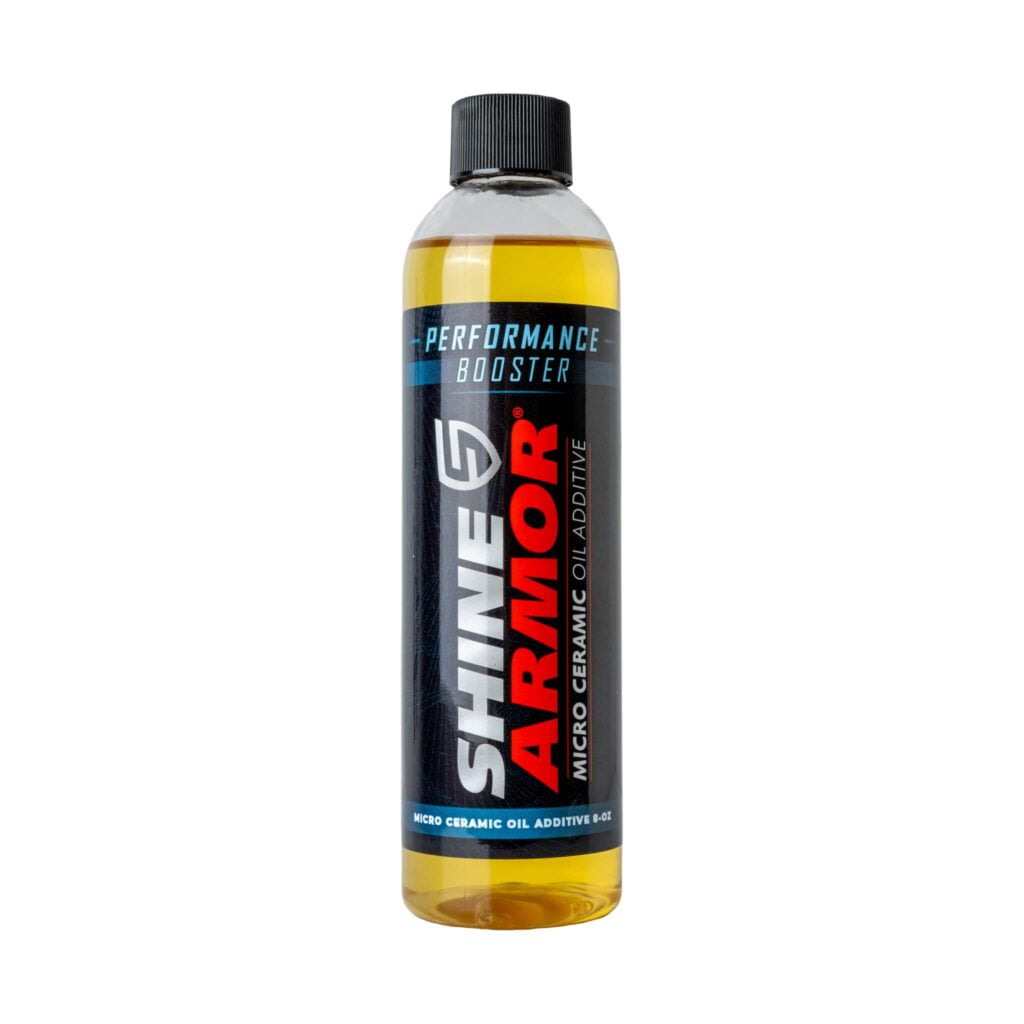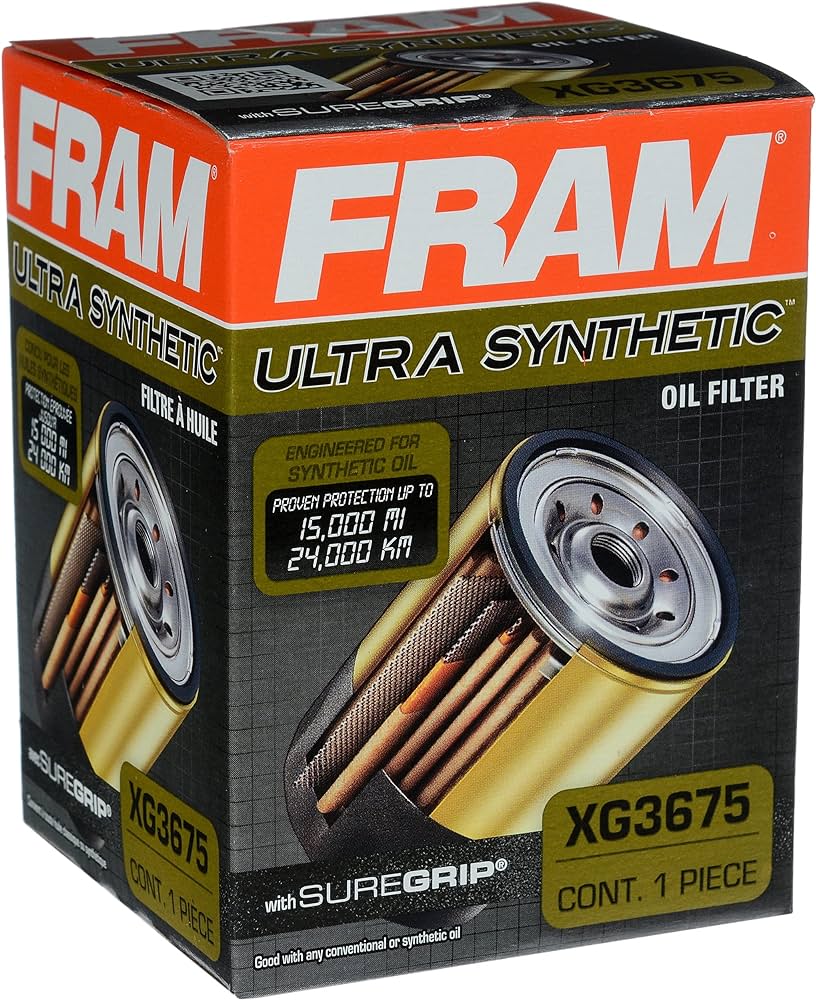Gear Oil for Manual Transmission: The Ultimate Guide to Choosing the Best Fluid
Gear oil is a lubricant specifically designed for manual transmissions, providing optimal protection for moderately loaded gears. It is not the same as transmission fluid, which is used for automatic transmissions in heavy and light-duty vehicles. While gear oil and transmission fluid perform similar functions, they are formulated differently to meet the specific requirements of each transmission type. It is important to use the recommended gear oil specified in your vehicle’s owner’s manual for proper lubrication and maintenance. Not all manual transmissions use the same oil, as there are different viscosity ratings available. It is best to consult your owner’s manual or a professional for the correct gear oil for your manual transmission. Understanding The Importance Of Gear Oil In Manual Transmission Understanding the importance of gear oil in manual transmission is crucial for optimal performance and longevity. Gear oil serves as a lubricant, protecting the gears from wear and tear, ensuring smooth shifting, and preventing overheating. Using the right gear oil for your specific manual transmission is essential for maintaining its efficiency and durability. What Is Gear Oil And Why Is It Necessary For Manual Transmissions? Gear oil is a specialized lubricant that is formulated to meet the specific requirements of manual transmissions. It is designed to provide lubrication, reduce friction, and dissipate heat in order to ensure the smooth operation and longevity of the transmission’s gears. Explaining The Functions Of Gear Oil In Ensuring Smooth Operation And Protection Of Gears. Gear oil performs several important functions in a manual transmission: Lubrication: Gear oil forms a protective film on the gears, reducing friction and wear between them. This helps to prevent costly damage and prolong the life of the transmission. Cooling: Manual transmissions generate heat during operation, and gear oil helps to dissipate this heat, preventing overheating and potential damage to the transmission components. Cleaning: Gear oil contains detergents and additives that help to keep the transmission clean by removing deposits, sludge, and other contaminants. This enhances the overall performance and efficiency of the transmission. Protection: Gear oil also provides a protective barrier against rust, corrosion, and oxidation, safeguarding the gears and other internal components from damage caused by moisture and other environmental factors. By ensuring smooth operation and protection of the gears, gear oil plays a crucial role in maintaining the overall performance and longevity of a manual transmission. What Gear Oil Is Recommended For Manual Transmission? The recommended gear oil for a manual transmission may vary depending on the specific make and model of the vehicle. It is important to consult the owner’s manual or contact the manufacturer to determine the correct gear oil specification for your manual transmission. Can You Put Gear Oil In A Manual Transmission? Yes, gear oil is specifically designed for use in manual transmissions. It is not recommended to use transmission fluid, which is intended for use in automatic transmissions, in a manual transmission. Always use the recommended gear oil for optimal transmission performance and protection. How Do I Know If My Gearbox Needs Oil? Checking the gearbox oil level is an important part of regular vehicle maintenance. Here are some signs that your gearbox may need oil: Difficulty shifting gears or grinding noises during gear changes. Visible leaks or drips underneath the vehicle. Unusual vibrations or shaking while driving. Burning smell coming from the transmission area. If you notice any of these symptoms, it is recommended to have your gearbox oil level checked and topped up if necessary. Do All Manual Transmissions Use The Same Oil? No, not all manual transmissions use the same oil. Gear oil is available in different viscosity ratings, and the correct type of gear oil for your manual transmission can vary depending on the manufacturer’s specifications. Always refer to your owner’s manual or consult the manufacturer for the appropriate gear oil for your specific manual transmission. Best Gear Oil For Manual Transmission The best gear oil for a manual transmission may vary depending on the specific requirements of your vehicle. It is recommended to use a high-quality gear oil that meets the manufacturer’s specifications. Some popular brands known for their reliable gear oils include Red Line, AMSOIL, Valvoline, and Castrol. Brand Product Red Line Synthetic Gear Oil AMSOIL Manual Synchromesh Transmission Fluid Valvoline Synchromesh Manual Transmission Fluid Castrol Manual Transmission Fluid While these are popular choices, it is important to refer to your vehicle’s manual or consult a professional to determine the best gear oil for your manual transmission. Factors To Consider When Choosing Gear Oil For Manual Transmission When choosing gear oil for a manual transmission, several factors should be considered. It is important to check the viscosity rating and follow the manufacturer’s recommendations. Additionally, the gear oil should provide optimal protection for the gears and be compatible with the specific vehicle’s requirements. Viscosity Ratings And Their Significance In Selecting The Right Gear Oil Viscosity is a crucial factor to consider when choosing gear oil for your manual transmission. It refers to the oil’s resistance to flow and plays a vital role in the overall performance and protection of your gears. The viscosity rating is usually displayed as a combination of two numbers, such as 75W-90 or 80W-140. The first number indicates the oil’s viscosity in cold temperatures, while the second number represents its viscosity at high temperatures. Choosing the right viscosity rating is essential because it directly affects your transmission’s ability to shift gears smoothly. If the gear oil is too thick, it can cause excessive friction and make shifting difficult, especially in cold weather. On the other hand, if the oil is too thin, it may not provide sufficient lubrication and protection, leading to increased wear and tear on your gears. When selecting gear oil for your manual transmission, consult your vehicle’s owner’s manual to determine the recommended viscosity rating. Following these guidelines ensures that you maintain optimal performance and prolong the lifespan of your transmission. Understanding Api Service Categories And Their Relevance In Gear Oil Selection The API (American Petroleum Institute)
Gear Oil for Manual Transmission: The Ultimate Guide to Choosing the Best Fluid Read More »





